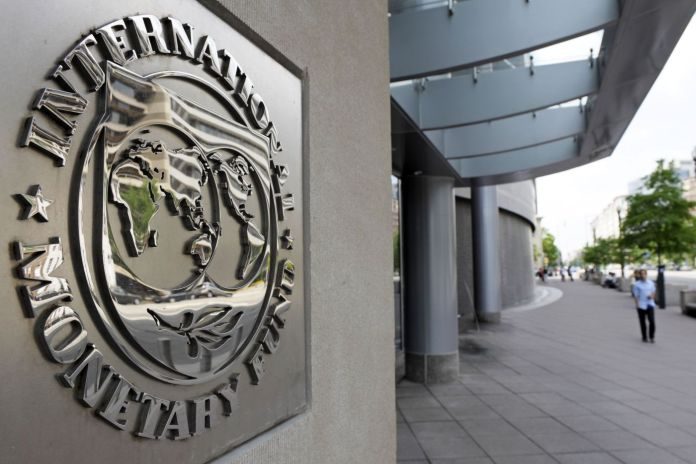ARGENTINA, Buenos Aires — An International Monetary Fund (IMF) team, led by Julie Kozack deputy director of the western hemisphere department and Luis Cubeddu mission chief for Argentina, visited Buenos Aires[1] from February 12 to 19, 2020 to discuss the recent macroeconomic developments and learn more about the Argentine authorities’ economic plans and policies. At the conclusion of the staff visit, Kozack and Cubeddu issued the following statement:
“IMF staff had very productive meetings with the Argentine authorities on their macroeconomic plans and policies, the contours of which were reiterated by economy minister Martin Guzmán in his address in the Argentine Congress last week. We share the authorities’ overall objective to restore growth and reduce poverty, while also achieving an improvement in the fiscal and external balances.
“The Argentine authorities are moving to address the difficult economic and social situation facing the country. They have implemented a set of policies to address the rise in poverty, while also taking steps to stabilize the economy. Higher taxes are being used to in part finance increased social spending, most of which is targeted towards the most vulnerable. Supported by capital controls and a trade surplus, international reserves and the peso have stabilized. Inflation and inflation expectations have come down in recent months, but efforts are needed to reduce them further from current high levels. The authorities are also taking steps to secure a sustainable and orderly resolution of Argentina’s debt situation.
“Argentina’s debt and debt service capacity have deteriorated decidedly compared to the IMF’s last Debt Sustainability Analysis (DSA) published in July 2019, in the context of the fourth review under the Stand-By-Arrangement (SBA). On that occasion, the overall assessment was that Argentina’s public debt was sustainable, but not with high probability, given substantial downside risks, including (i) heightened rollover risk due to the shorter maturities on new issuances; (ii) vulnerability of the debt trajectory to exchange rate movements, given the large share of foreign currency public debt; and (iii) large external financing needs, which is often a predictor of crisis in emerging economies.
“IMF staff notes that, subsequently, those risks to debt sustainability have materialized. In fact, since July 2019, the peso has depreciated by over 40 percent, sovereign spreads have increased by about 1100 basis points, international reserves have declined by about US$20 billion, and real GDP has contracted more than previously projected. As a result, gross public debt rose to nearly 90 percent of GDP at end-2019, 13 percentage points higher than the projection at the time of the Fourth Review. In addition, with the realization of the identified financing risks, since August 2019 the authorities have introduced capital flow management measures, imposed maturity extensions on certain debts, and resorted to central bank financing of the fiscal deficit.
“In light of these developments, and on the basis of the July 2019 DSA, IMF staff now assesses Argentina’s debt to be unsustainable. Specifically, the staff is of the view that the primary surplus that would be needed to reduce public debt and gross financing needs to levels consistent with manageable rollover risk and satisfactory potential growth is not economically nor politically feasible. Accordingly, a definitive debt operation—yielding a meaningful contribution from private creditors is required to help restore debt sustainability with high probability. IMF staff emphasized the importance of continuing a collaborative process of engagement with private creditors to maximize their participation in the debt operation.
“IMF staff and the authorities will continue to engage closely, and further discussions are planned as the authorities advance in defining their economic plans and policies. In the context of the upcoming G20 finance ministers meeting, IMF managing director Kristalina Georgieva will meet with economy minister Martin Guzmán to discuss the next steps in the IMF’s engagement with Argentina.”





